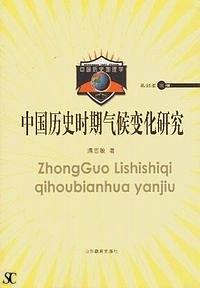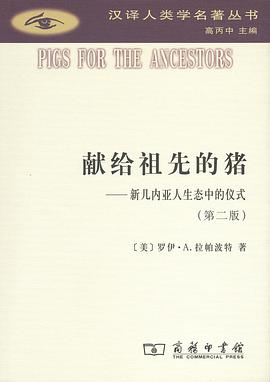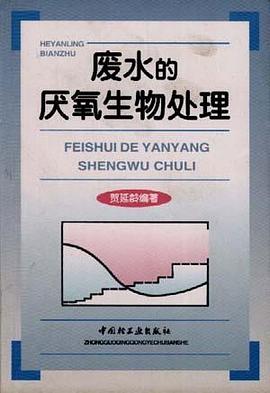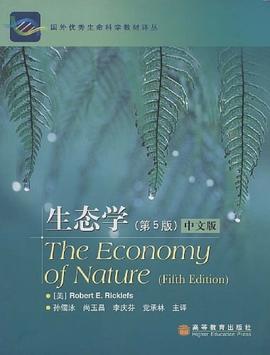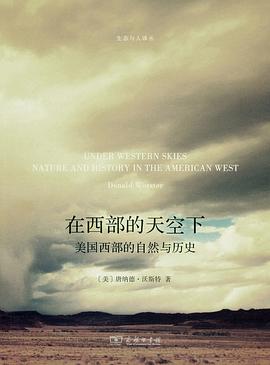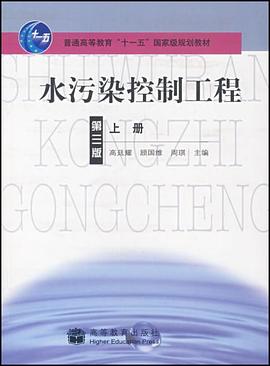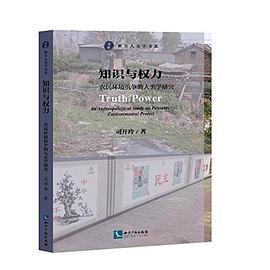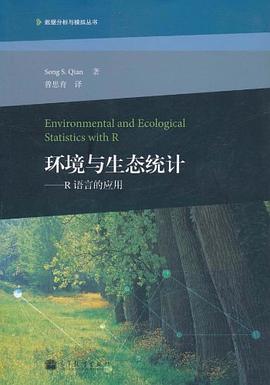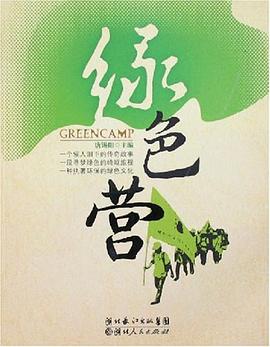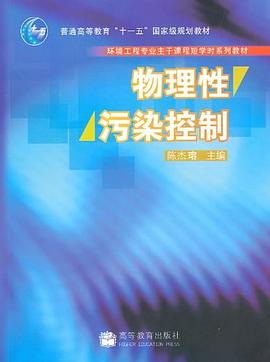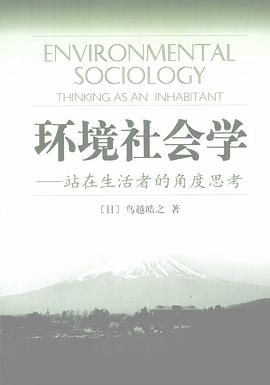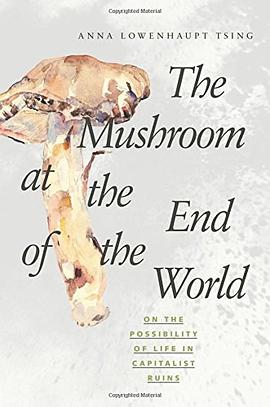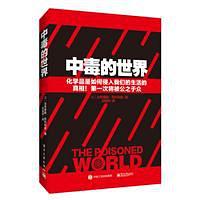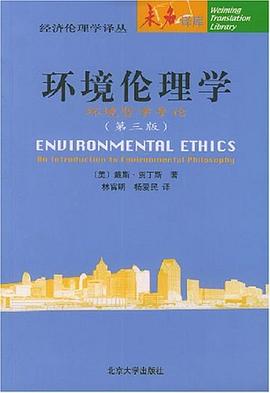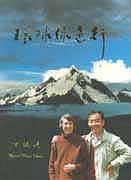
Mao's War Against Nature pdf epub mobi txt 電子書 下載2025
- 環境史
- 海外中國研究
- 中國
- 環境
- 曆史
- 中國史研究
- Environment
- 政治史
- Mao
- War
- Nature
- Environment
- History
- Social
- Change
- Ecology
- Revolution

具體描述
In clear and compelling prose, Judith Shapiro relates the great, untold story of the devastating impact of Chinese politics on China's environment during the Mao years. Maoist China provides an example of extreme human interference in the natural world in an era in which human relationships were also unusually distorted. Under Mao, the traditional Chinese ideal of "harmony between heaven and humans" was abrogated in favor of Mao's insistence that "Man Must Conquer Nature." Mao and the Chinese Communist Party's "war" to bend the physical world to human will often had disastrous consequences both for human beings and the natural environment. Mao's War Against Nature argues that the abuse of people and the abuse of nature are often linked. Shapiro's account, told in part through the voices of average Chinese citizens and officials who lived through and participated in some of the destructive campaigns, is both eye-opening and heartbreaking. Judith Shapiro teaches environmental politics at American University in Washington, DC. She is co-author, with Liang Heng, of several well known books on China, including Son of the Revolution (Random House, 1984) and After the Nightmare (Knopf, 1986). She was one of the first Americans to work in China after the normalization of U.S.-China relations in 1979.
著者簡介
圖書目錄
Preface xi
INTRODUCTION 1
1 POPULATION, DAMS, AND POLITICAL REPRESSION 21
A Story of Two Environmental Disasters and the Scientists Who Tried to Avert Them
2 DEFORESTATION, FAMINE, AND UTOPIAN URGENCY 67
How the Great Leap Forward Mobilized the Chinese People to Attack Nature
3 GRAINFIELDS IN LAKES AND DOGMATIC UNIFORMITY 95
How “Learning from Dazhai” Became an Exercise in Excess
4 WAR PREPARATIONS AND FORCIBLE RELOCATIONS 139
How Factories Polluted the Mountains and Youths “Opened” the Frontiers
5.5 THE LEGACY 195
Notes 217
Bibliography 253
Index 269
· · · · · · (收起)
讀後感
In Mao’s War against Nature, Shapiro expressed her idea clear in the topic: Maoist “development”, if had made any progress, was established on war-like abuse of nature. Such violence was parallel to the violence people did to their fellowmen. According t...
評分In Mao’s War against Nature, Shapiro expressed her idea clear in the topic: Maoist “development”, if had made any progress, was established on war-like abuse of nature. Such violence was parallel to the violence people did to their fellowmen. According t...
評分In Mao’s War against Nature, Shapiro expressed her idea clear in the topic: Maoist “development”, if had made any progress, was established on war-like abuse of nature. Such violence was parallel to the violence people did to their fellowmen. According t...
評分In Mao’s War against Nature, Shapiro expressed her idea clear in the topic: Maoist “development”, if had made any progress, was established on war-like abuse of nature. Such violence was parallel to the violence people did to their fellowmen. According t...
評分In Mao’s War against Nature, Shapiro expressed her idea clear in the topic: Maoist “development”, if had made any progress, was established on war-like abuse of nature. Such violence was parallel to the violence people did to their fellowmen. According t...
用戶評價
To be frank,事實還是挺有用的,但不喜歡這一類書的口吻。
评分從另一個角度看那段被國內忽略的曆史.
评分論證過程比較有意思,特彆是四個維度的劃分。史料是國人比較熟悉的,不過考慮到2001年可用材料更有限且是pre-digital era,作者應該還是做瞭很多工作的。
评分intro
评分沒有讀完。感覺傾嚮性很嚴重。
相關圖書
本站所有內容均為互聯網搜索引擎提供的公開搜索信息,本站不存儲任何數據與內容,任何內容與數據均與本站無關,如有需要請聯繫相關搜索引擎包括但不限於百度,google,bing,sogou 等
© 2025 book.quotespace.org All Rights Reserved. 小美書屋 版权所有



